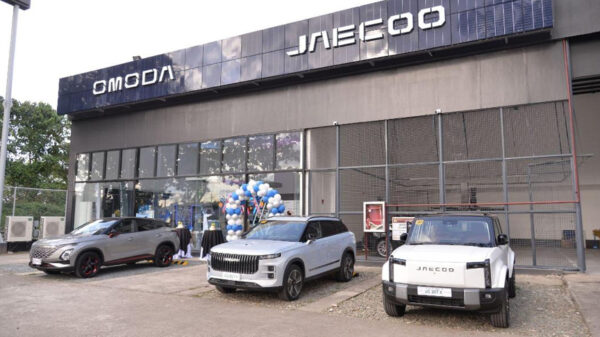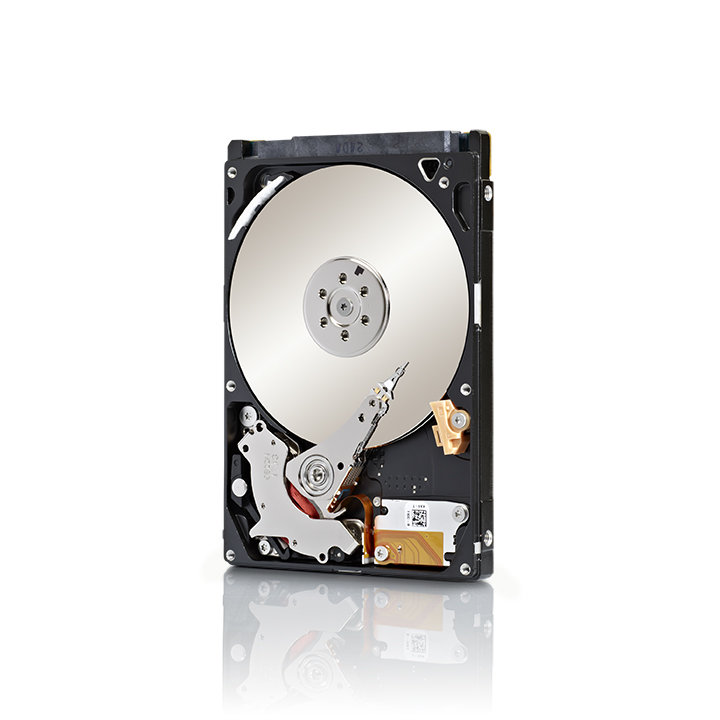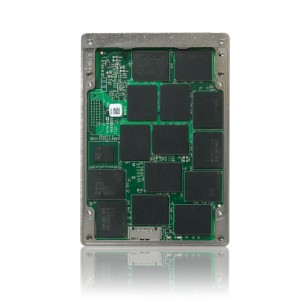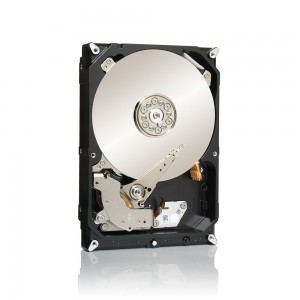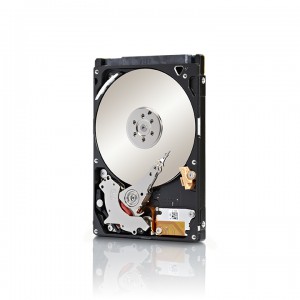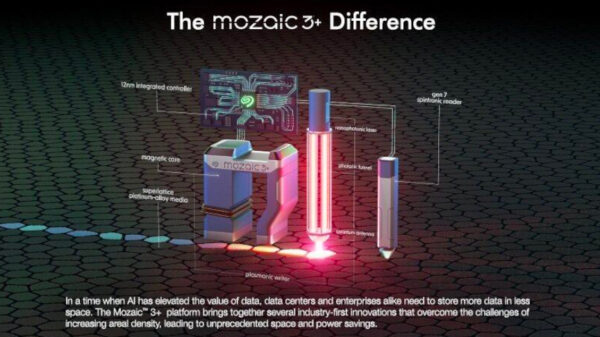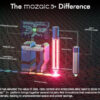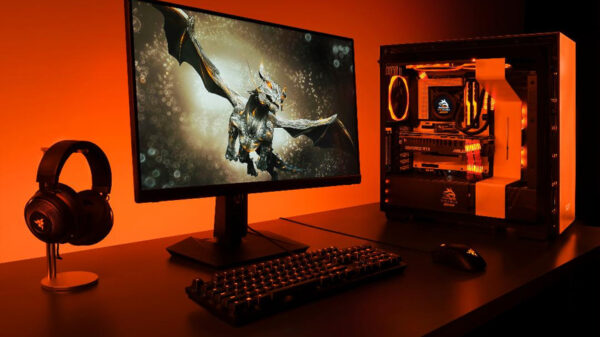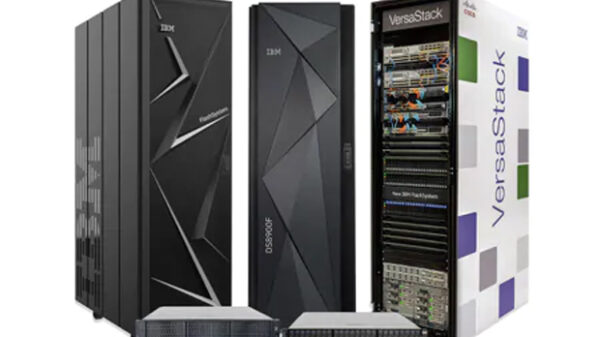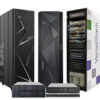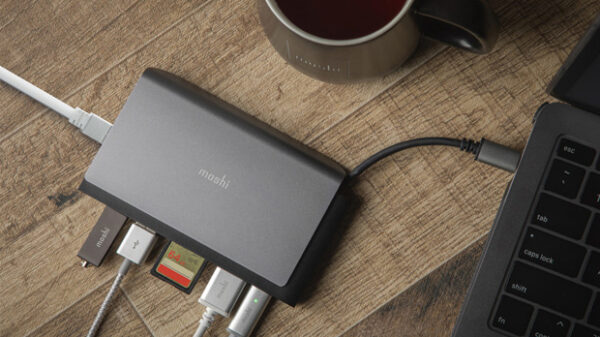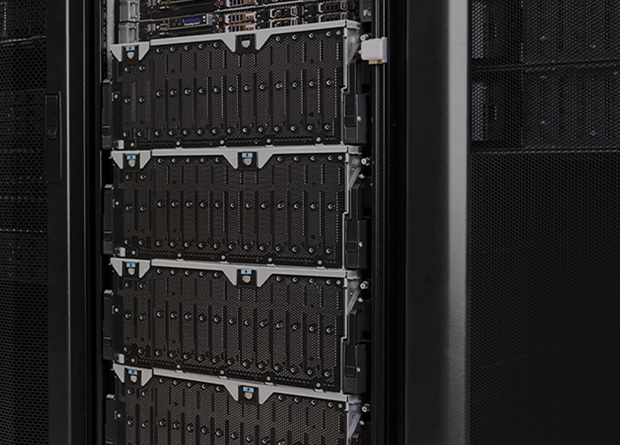By Ban Seng Teh, Senior Vice President & Managing Director, Asia Pacific & Japan Sales & Marketing, Seagate Technology
Picking the best storage option to upgrade your laptop or personal computer’s (PC) performance isn’t as simple as it appears. Whether you want to speed things up or need more storage space, the first thing you should figure out is whether you need a hard disk drive (HDD), a solid state drive (SSD), or a solid state hybrid drive (SSHD).
Up until just a few years ago, the hard disk drive was the de facto choice for storage in a laptop or desktop computer. Today computer users have more options to fine-tune storage to exactly what they need. Solid state drives and newer solid state hybrid drives can enhance the performance of your computer compared to using a traditional hard drive.
So whether it’s a new computer or an upgrade to your existing system, how do you choose the right storage option for you? There are a number of important factors to consider in answering that question, and as with most important decisions, you have to choose the option that can best meet your unique needs.
There are a number of factors for possible consideration when choosing between a traditional HDD, an SSHD or an SSD. The easiest and most common way to evaluate the differences between these storage devices is to compare cost,performance and total capacity tradeoffs. HDDs still offer massive capacity and lowest prices. SSDs are extremely fast, but are more expensive, especially at capacity points above 128GB. SSHDs combine some of the best aspects of both HDD and SSD but may not be the top performers for every criteria.
Choose the drive that is right for your laptop or desktop computer by looking at the following key features:
Speed
SSDs provide peak performance for booting and high read/write performance to supporting computing that requires enhanced multitasking capabilities. On the other hand, an SSHD can provide near–SSD performance for booting, launching, and loading data. HDDs usually provide ample performance for the majority of laptop and PC platforms shipping today.
Capacity
HDDs are the workhorses when it comes to sheer capacity and how much data can be stored. SSHD technology also offers large capacity points at affordable price points. SSDs are available at various capacity points, but are more expensive above 128GB.
Price
At a system level, low-capacity SSDs such as those in the 32GB to 64GB range,can be affordable. But high-capacity SSDs are very expensive, especially when measured by cost per gigabyte. HDDs provide the lowest cost per gigabyte. SSHDs provide a cost per gigabyte that’s just slightly higher than HDDs.
Reliability
Failure rates on SSD, HDD, and SSHD technologies have very similar ratings. However, SSHD has the potential to demonstrate improved reliability, as the combined use of SSD and HDD in an integrated system can draw on the strengths of each.
Form factor
SSD products are not limited by the spinning platters used by HDD and SSHD products, so they have the most flexibility in terms of physical size.For standard laptops and Ultrabooks, SSDs are available in 5mm and 7mm heights. By comparison,HDDs and SSHDs are available in standard 7mmand 9.5mm designs, and 5mm designs will be available in 2013.
Durability
SSDs are viewed as more durable simply because of their solid state design and no moving parts. But practically speaking,other components in a laptop or desktop, such as the display or processor, are more likely to be damaged than an HDD due to shock, damage or temperature extremes.
Battery life
In general, storage has minimal impact on battery life in a laptop computer—less than 10% of overall system power usage. The display and processor are much more significant power consumers. When compared, SSD is the most power-efficient, with SSHD and HDD following close behind.
Thinking through all of these criteria may make upgrading laptop or PC storage seem like a tough decision. But perhaps it all comes down to cost-effectiveness: How can you get maximum capacity that’s nearly as fast as solid state but fits your wallet better?
Take a closer look at solid state hybrid drives. They most likely can provide the best combination of performance characteristics to meet your needs.
For more information on hard drive and storage solutions from Seagate, visit www.seagate.com or drop by the Seagate Concept Store at SM Megamall.














































































